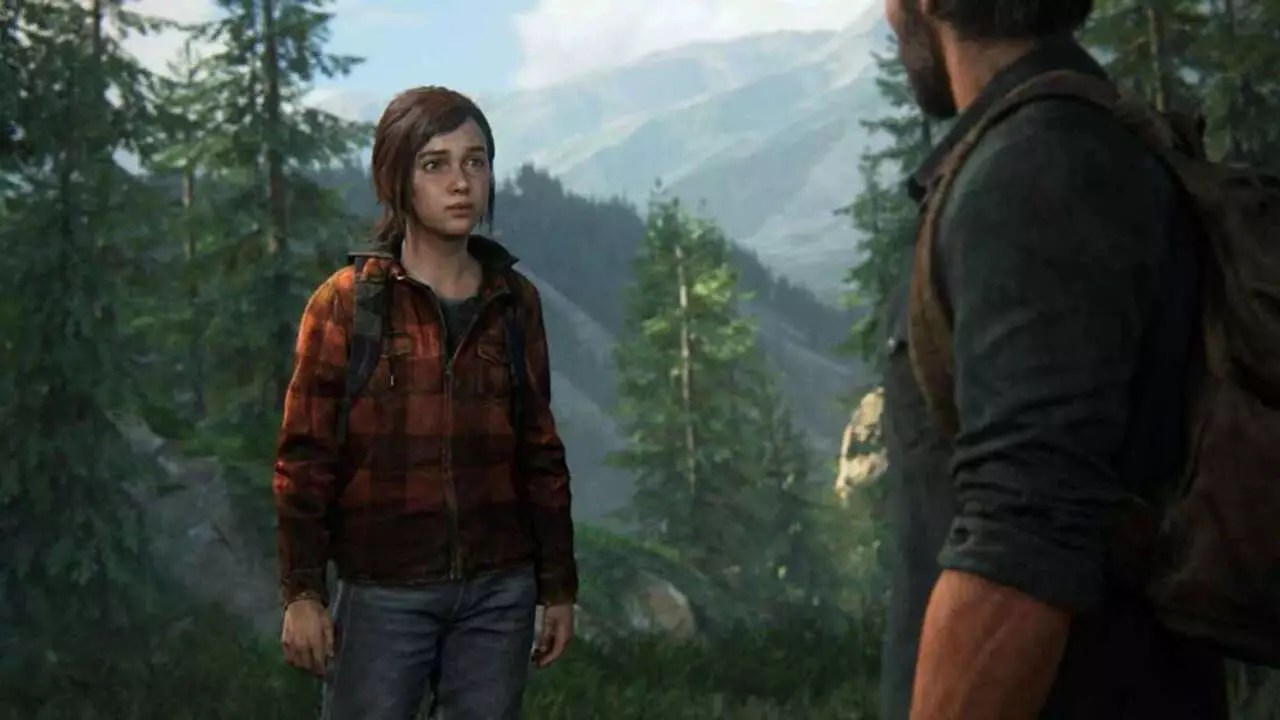At its heart, “The Last of Us” serves not just as a gripping video game and television adaptation but as a profound exploration of moral complexities. The devastating ending of the original game, where Joel makes an appalling yet humane decision to save Ellie at any cost, propels the narrative forward into the depths of philosophical inquiry. Did Joel have the right to condemn humankind’s only hope for a cure to save the one person he loved like a daughter? Neil Druckmann, the creator of the series, shines a light on this ethical quandary, revealing that the intention was indeed for the Fireflies to successfully create a cure through Ellie’s sacrifice. Yet this intent dances on a precarious line, one that raises questions about the validity of their science and the humanity behind such a choice.
The Weight of Love Against the Greater Good
Joel’s drastic choice to kill the Fireflies in the hospital invites heated debate among fans, igniting discussions about love, sacrifice, and self-preservation. The heart of the matter lies in Joel’s maternal instincts—he could not bear to lose Ellie, a child of circumstance who became his emotional anchor in a world filled with despair. The decision to prioritize personal attachment over the potential salvation of the human race encapsulates a poignant theme: how far would you go to protect the ones you love? This question resonates powerfully in today’s context where social and moral dilemmas often pit the needs of the few against the well-being of the many.
Future Possibilities in the Franchise
Druckmann’s remarks about a potential “The Last of Us Part 3” signal that the saga is far from over, pending a compelling narrative that the creators deem worthy. This notion of continuance highlights the potential for deepening the moral intricacies surrounding Joel’s decisions and their repercussions. The introduction of Abby’s character in the HBO series, whose entire motivation is rooted in avenging her father’s murder at Joel’s hands, adds layers of complexity to this ongoing narrative. The tug-of-war between revenge and forgiveness serves as fertile ground for the franchise to delve deeper into human emotions and the consequences of destructive choices.
The HBO Adaptation’s Impact
As the HBO series unfolds, there is a growing anticipation for how these philosophical questions will translate visually on screen. Craig Mazin’s vision, paired with Druckmann’s original insights, provides a compelling lens through which to examine not just the survival but the moral survival of characters in this brutal universe. With Season 3 set to explore Abby’s story, audiences are left grappling not just with the actions of Joel, but the implications of those actions on their broader world. Will the series find a way to navigate the waters of ethics and morality without losing its audience to despair?
In the end, “The Last of Us” transcends traditional storytelling, propelling us into challenging discussions about love, sacrifice, and the intricate web of human relationships under duress. The future of the franchise promises to remain just as rich and complex, leaving fans eagerly pondering the outcomes of choices rooted deeply in morality.


Leave a Reply